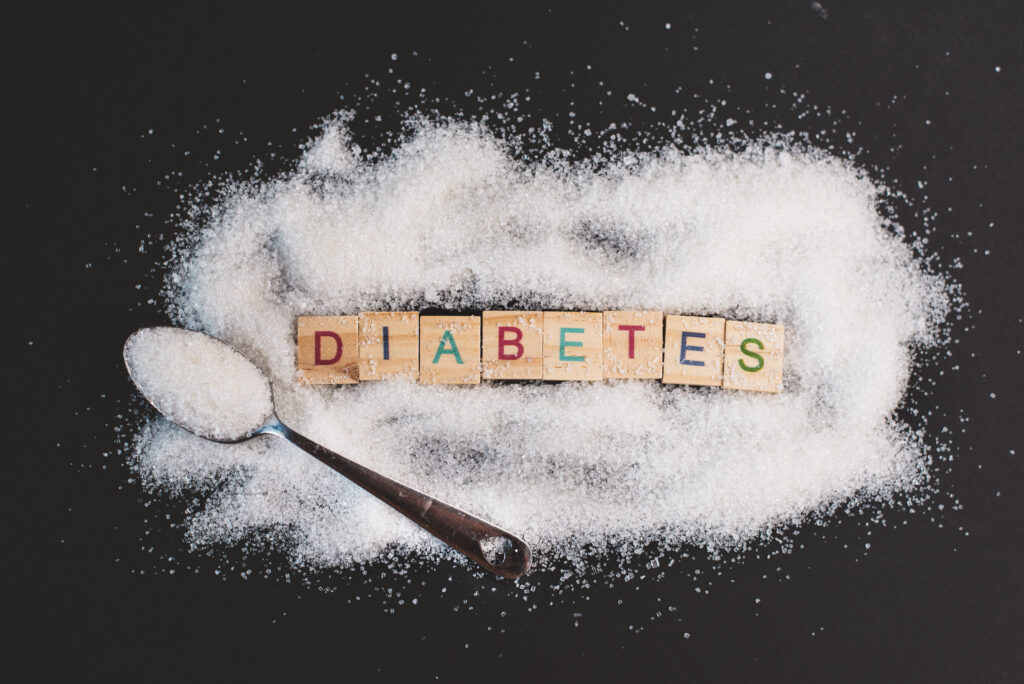
Do you feel tired all the time, despite getting a good night’s sleep? Are you also beginning to crave sugary drinks more than usual or finding yourself needing to use the restroom more frequently?
If yes, these could be signs that your body is fighting a silent battle that disrupts your energy levels and throws your internal systems out of balance. We’re talking about diabetes.
Diabetes has become so common that it’s only natural to find someone suffering from diabetes. When we talk about diabetes, we also talk about insulin resistance. Insulin resistance is a common feature of diabetes, but it is also associated with prediabetes. We will explain this term in detail in this blog.
Brushing the basics
Before we tell you about insulin resistance, you must know about insulin. It is a hormone produced by the pancreas and acts as a key to allow glucose (sugar) from your bloodstream to enter. Glucose is the primary fuel source for your body’s cells, and insulin ensures they have the energy they need to function properly.
What happens in insulin resistance?
In insulin resistance, your cells become resistant to insulin’s message. They don’t respond as effectively, making it difficult for glucose to enter. This leads to a buildup of glucose in the bloodstream, a condition known as hyperglycemia.
The body’s response to resistance
Initially, your pancreas ramps up insulin production to compensate for the cellular resistance. This can keep your blood sugar levels within a normal range. However, over time, the pancreas may struggle to keep up with the increased demand for insulin. Eventually, blood sugar levels can rise significantly, leading to prediabetes and potentially type 2 diabetes.
Causes of insulin resistance
Several factors can contribute to insulin resistance:
Genetics:
A family history of type 2 diabetes increases your risk.
Weight:
Excess body fat, particularly around the waist, can impair insulin sensitivity.
Physical inactivity:
Regular exercise improves insulin sensitivity, while a sedentary lifestyle can worsen it.
Diet:
A diet high in processed foods, sugary drinks, and unhealthy fats can contribute to insulin resistance.
Polycystic Ovary Syndrome (PCOS):
This hormonal imbalance in women can also lead to insulin resistance.
Certain medications:
Some medications, such as steroids, can reduce insulin sensitivity.
Symptoms of Insulin resistance
Insulin resistance often progresses without any noticeable symptoms. However, some people may experience:
- Increased thirst and urination
- Fatigue
- Blurred vision
- Skin tags (dark, velvety patches of skin)
- Diagnosing Insulin Resistance
Doctors diagnose insulin resistance through blood tests. These tests measure fasting blood sugar levels, haemoglobin A1c (a marker of long-term blood sugar control), and insulin levels. Sometimes, doctors may perform an oral glucose tolerance test (OGTT) to assess how your body responds to a sugar load.
What happens if I let insulin resistance go untreated?
Left untreated, insulin resistance can lead to:
Type 2 diabetes:
Chronically high blood sugar levels can damage nerves, eyes, kidneys, and the heart.
Heart disease:
Insulin resistance is a risk factor for heart disease and stroke.
Fatty liver disease:
Excess fat buildup in the liver can occur.
Sleep apnea:
This condition is more common in people with insulin resistance.
How to manage or treat insulin resistance?
The good news is that insulin resistance is often reversible with lifestyle changes. Here are some key strategies:
Maintain a healthy weight:
Losing even a modest amount of weight can significantly improve insulin sensitivity.
Eat a balanced diet:
Focus on whole, unprocessed foods, fruits, vegetables, and lean protein. Limit sugary drinks, processed foods, and unhealthy fats.
Exercise regularly:
Aim for at least 30 minutes of moderate-intensity exercise most days of the week.
Manage stress:
Chronic stress can worsen insulin resistance. Practice relaxation techniques like yoga or meditation.
Consider medication:
In some cases, medications may be necessary to improve insulin sensitivity.
Closing thoughts
Insulin resistance is a serious condition, but it’s not a death sentence. You can control it, and it starts with understanding the risk factors and taking steps to manage them. Talk to your doctor if you’re concerned about insulin resistance or have any of the symptoms mentioned above. Early detection and intervention are key to preventing its progression.
Remember, a healthy lifestyle is your best defence against insulin resistance and its associated health risks. By making positive changes to your diet, exercise routine, and overall well-being, you can take control of your health and live a long, healthy life.
Book Your Full Body Health Checkup Today




